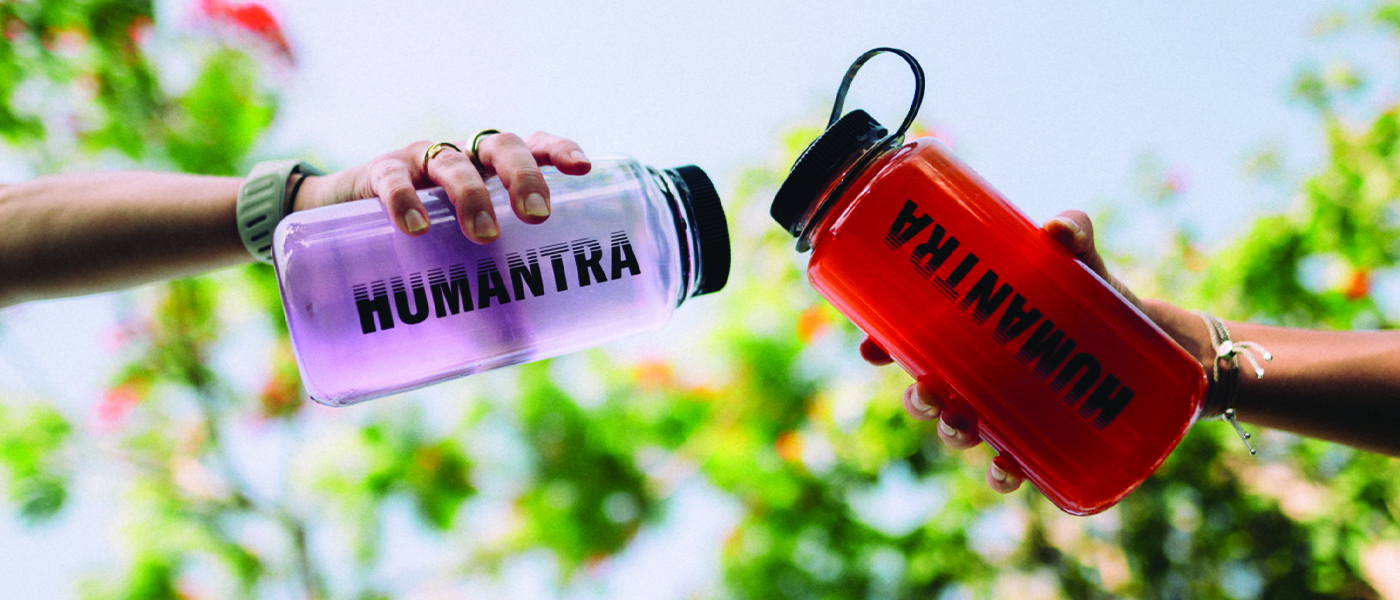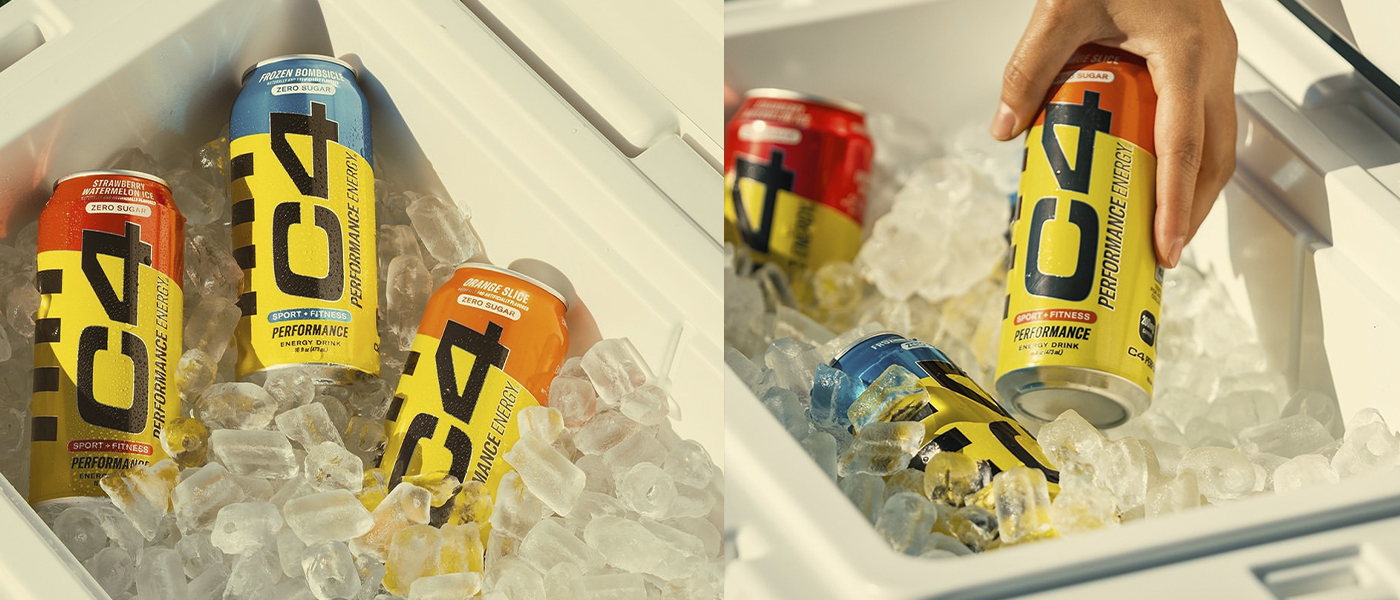Not the one you are probably thinking of.
This isn’t an examination of your after work pint of Neck Oil. This is the other drinking problem.
The one where we forget the simplest drink of all. If your water only ever comes with squash in it, hidden under a teabag, fizzed up in a can or mixed into your morning coffee, this one is for you.
In the midst of the very real manifestations of climate change and the mutliple extreme heatwave this year, we are turning our attention to the world of hydration.
Dubai-based electrolyte brand Humantra recently launched its inaugural Hydration Report, a comprehensive breakdown of the UK’s drinking habits and relationship with water, electrolytes, and the behaviours around them.

Is Hydration the New Status Symbol?
Hydration is no longer just a background habit. It has moved into the front row of the wellness economy, a sector now measured in trillions. The global electrolyte drinks market alone is projected to reach almost $59 billion by 2032, growing at nearly 6% annually. This sits within a wider cultural pivot: wellness is increasingly intertwined with luxury and fashion. The water bottle you carry, the wearable you track your sleep on, the supplements on your kitchen counter – these are now quiet status symbols. External signals of internal investment, much like the rise of the longevity movement and the shift of brands like Whoop from performance-first to health-first positioning.
“Hydration has become more than a functional habit, it is part of the way we signal who we are and what we value,” says Charlie Wright, founder of Humantra. “Carrying a premium bottle or knowing your mineral profile has joined sleep tracking and recovery tools as the new health status markers.”
The Humantra Hydration Report pulls data from 2,000 UK adults. It doesn’t just measure usage, it examines knowledge, attitudes and misconceptions. Rather than asking only “who is doing what,” it looks at the “why” behind those behaviours, the barriers, misunderstandings and cultural cues shaping our hydration habits.
And the topline is stark: the UK is perpetually dehydrated. The average person drinks just 1.8 litres of water a day. Three in four adults regularly feel the effects of dehydration, and over a third feel it at least once a week. Among 18–24-year-olds – the group that drinks the most water – almost one in five still feels dehydrated most days. At the other end of the spectrum, 30% of adults drink less than a litre a day or none at all, with women overrepresented in this group.

What the Humantra Hydration Report Tells Us
From the report, three themes stand out:
- Knowledge gaps are holding people back
- More than half of UK adults do not understand what electrolytes are. Many believe they are only useful for athletes or for hangovers. Misconceptions about taste, salt content and necessity are common.
- “One of the biggest myths we see is that electrolytes are only for endurance athletes or people recovering from illness,” says Wright. “In reality, they support everyday wellbeing, from mental clarity to skin health, and most people would benefit from including them in their daily routine.”
- Dehydration is widespread and under-recognised
- 79% have suffered physical symptoms such as headaches, fatigue, dizziness and brain fog. Over 10% never drink plain water. Younger people often swap it for squash, fizzy drinks or energy drinks.
- Daily activity is higher than people think
- The average adult walks more than a marathon a week, yet many believe they do not exercise enough to need electrolytes. Two-thirds exercise at least once a week, with one in ten doing so daily.
Five simple changes you can make now:
- Carry a refillable water bottle and track your intake.
- Swap one coffee or tea a day for water or an electrolyte drink.
- Use electrolytes after long walks, hot days or travel, not just workouts.
- Learn the signs of mild dehydration and act early.
- Choose products with balanced electrolyte profiles and no unnecessary sugar.
“Hydration is not about extremes or rare moments,” says Wright. “Small, consistent changes compound over time. Most people underestimate how much better they can feel just by getting this right every day.”
.jpg)
From Heatwaves to High Performance: Why Daily Hydration Matters
Hydration is not just for race day or the morning after. It is a daily foundation. In prolonged heat, when the body is working harder to regulate temperature, the role of electrolytes becomes even more important. They replace minerals lost through sweat, improve fluid absorption and help maintain cognitive function and energy levels.
“Even mild dehydration can affect mood, focus and how your body performs,” says Wright. “When temperatures rise, those effects are amplified, which is why proactive hydration, not reactive drinking, is so important.”
Wellness has become an aesthetic as much as a practice. The same cultural currents that make a stainless steel water bottle a style choice are shaping how people think about hydration. This is an opportunity to reframe water and electrolyte use as an everyday necessity, integrated into your routinein the same way as sleep, nutrition and movement.
The data is clear. We are moving more than we think. We are drinking less water than we need. We are underestimating the role of electrolytes in keeping us at our best. And if you are reading this with a teabag in your mug, squash in your fridge or a fizzy can on your desk, it might be time to rethink your own drinking problem.
“Hydration is not a fix, it is a foundation,” says Wright. “When it becomes part of your everyday, the difference in how you feel is undeniable.”





